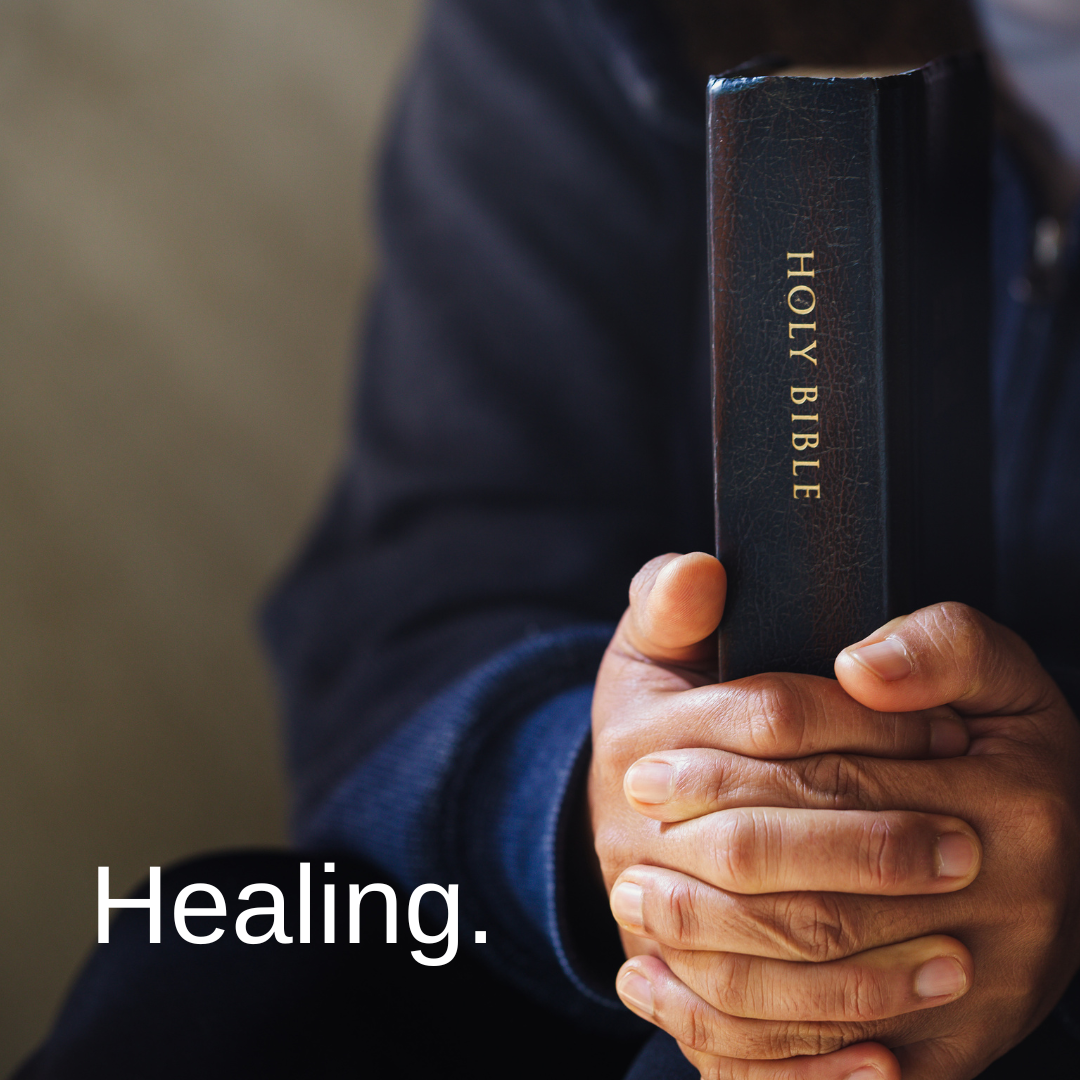Effects of Sexual Abuse
Effects of Sexual Abuse Podcast

Behavioral Impacts and Coping Mechanisms
To cope with the lasting pain of abuse, some survivors develop maladaptive behaviors. Childhood abuse can predispose individuals to substance abuse as a means to numb emotional pain, leading to a higher risk of addiction in adulthood. Similarly, self-harming behaviors like cutting, eating disorders, or risky behavior may develop as a way to cope with overwhelming feelings of shame, anger, or numbness.
Survivors may also exhibit behavioral symptoms associated with trauma, including hypervigilance, anxiety, and distrust. Hypervigilance, a state of constantly heightened awareness and suspicion, can be exhausting and lead to further isolation. Survivors often find themselves “triggered” by people, situations, or symbols associated with their abuse, which can cause reactions like panic attacks or sudden emotional breakdowns. This sensitivity can make day-to-day activities challenging, as they feel constantly on edge and easily distressed.
Academic and Professional Impacts
The effects of clergy abuse can also extend into educational and professional settings. Survivors often struggle with concentration, motivation, and confidence due to the lingering impact of trauma on their self-esteem and mental well-being. For children and teens, school becomes a place where anxiety and hypervigilance can hinder performance, making it difficult to focus on academics or extracurricular activities. These difficulties sometimes continue into adulthood, affecting career choices, job stability, and workplace relationships.
Survivors may also fear success or feel unworthy of it, subconsciously sabotaging opportunities. In certain cases, the impact of early abuse can manifest as an inability to establish a stable career, as the trauma continually interferes with their sense of purpose and drive.
Physical Health Impacts
Sexual abuse, especially at a young age, has also been linked to various physical health issues later in life. Chronic stress and anxiety can lead to headaches, gastrointestinal issues, and cardiovascular problems. Research has shown that the chronic stress from trauma can weaken the immune system, making survivors more susceptible to illness. Survivors are also more likely to suffer from conditions like irritable bowel syndrome (IBS), migraines, and chronic pain conditions.
Moreover, the stress from abuse has been linked to elevated cortisol levels, the body’s primary stress hormone, which can lead to long-term impacts on the endocrine and immune systems. Survivors are often at a higher risk of developing chronic illnesses, including heart disease and diabetes, as a result of the physiological toll that prolonged stress and trauma take on the body.
The Healing Process: Challenges and Paths Forward
Recovery for survivors of clergy abuse is a complex and highly individualized journey. Many face additional challenges in seeking help due to the public trust in religious institutions and the fear of disbelief or retribution. Healing requires not only addressing the personal trauma but also often coming to terms with the betrayal of an institution that is supposed to represent safety, morality, and guidance.
Therapy can play a critical role in helping survivors rebuild self-esteem, process repressed emotions, and establish healthy relationships. Forms of trauma-focused therapy, including Eye Movement Desensitization and Reprocessing (EMDR) and Cognitive Behavioral Therapy (CBT), have proven effective in helping survivors manage trauma symptoms. Support groups tailored to survivors of clergy abuse also provide a space where individuals can share their experiences with others who understand the complexities of their trauma.
For some, reconnecting with spirituality outside the confines of institutional religion can also offer comfort. Survivors may find solace in meditation, personal spiritual practices, or alternative religious communities that support their healing journey. Each survivor’s path is unique, and it is essential that their voices, experiences, and healing processes are validated and respected.
The effects of sexual abuse by clergy are profound and far-reaching, shaping nearly every aspect of a survivor’s life. While the path to healing is challenging, especially given the betrayal of both personal and communal trust, many survivors can and do find ways to move forward. Raising awareness about the impacts of clergy abuse is essential in ensuring these voices are heard, validated, and supported. Wolves in Cassocks stands as a testament to the strength of survivors, a call for accountability, and a resource for those ready to confront these painful truths and promote healing for themselves and others.
